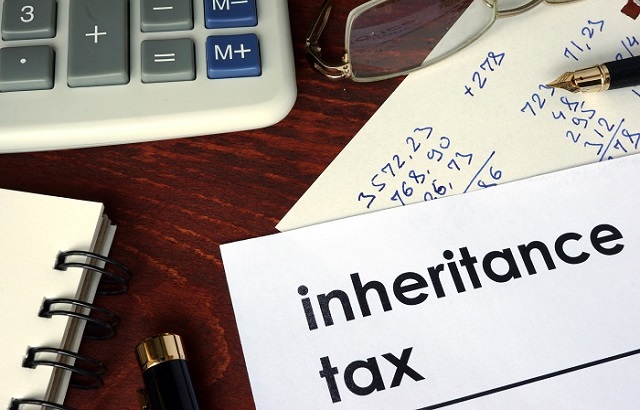Official figures state that there are currently more than two million people who have tested positive for the coronavirus around the world, resulting in over 120,000 deaths.
But those numbers are likely much higher.
“‘In this world nothing can be said to be certain, except death and taxes.”
Those words were written by Benjamin Franklin just over 200 years ago and stand true today.
For many, the tragic loss of life will come hand-in-hand with having to deal with inheritance tax (IHT).
Given the scale of the outbreak and the challenging working environments that advisers and lawyers find themselves in, is there any argument for the UK to defer IHT or offer alternative means of support?
International Adviser reached out to tax experts to understand whether the government should consider such a measure and if it is feasible at all.
Funding needed
Scott Hood and Kevin Raftery, trust and estate planning consultants at QB Partners, don’t think the government is going to support IHT relief.
“It would be difficult to see how the UK government could afford to do this. The government are going to need as much money as they can get with the cost of coronavirus – there will be rising welfare payments, higher public sector costs and falling tax revenues in other areas.
“Potential cost to the taxpayer of all of this is reportedly between £30bn to £40bn ($50.3bn, €45.9bn) over three months.
“What’s the policy reason as to why coronavirus should provide a relief for inheritance tax, rather than other types of death?
“According to some commentators, there will be a substantial overlap between people who died of coronavirus who would have died within a short period anyway.”
Alternative measures
They believe the next best thing could be HM Revenue & Customs (HMRC) allowing people more time to pay.
“It would be difficult to define whether coronavirus is the main cause of death or not, which may lead to disputes,” Hood and Raftery added.
“To what degree and with how much certainty does coronavirus have to be a factor in causing death? What about people dying abroad? Could relatives put pressure on professionals to record coronavirus as a cause of death in order to save tax?
“Perhaps it would be fairer to allow more time to pay – especially where more assets are now highly illiquid – [or] not charge interest on IHT for the next 12 months.
“Interest rates are low any way so this shouldn’t be a big deal.
“The government may wish to consider measures to simplify reporting, as it is reported that HMRC are struggling with capacity.”
Market drops could help
Hood and Raftery also believe that falling markets could offer some sort of relief themselves, especially with lower valuations.
“The FTSE 100 fell by 25% in the three months to the end of March. This could reduce tax subject to 40%; bring people under the nil rate band; [and/or] reduce the effect of tapering for the residence nil rate band for those with estates which had been worth more than £2m.
“If a person has paid IHT and assets drop in value, they can get relief against the overpayment of IHT – heirs are able to apply for IHT relief if what they have inherited incurs losses during a sale within 12 months of inheriting the assets.
“The IHT residence nil rate band rose to £175,000 on 6 April 2020, presumably taking more people out of the IHT net.
“Many transfers will be exempt anyway, for example, where there is a surviving UK domiciled spouse who inherits.
“It may be seen as unfair if a coronavirus relief isn’t transferrable to the surviving spouse which sets up another layer of complication,” they added.
Alternative ways of planning
Under the current situation and with the unpredictability of the pandemic, financial planning is needed more than ever, argues Neil Jones, market development manager at Canada Life, and forward planning is of the utmost importance.
“Looking at some of the issues affecting clients and their professional advisers, the need for Wills has increased dramatically – whilst it should be one of the first areas for financial planning, it is often overlooked.
“However, isolation has created an issue for Wills and trust deeds. These, along with some other documents, need to be witnessed, which means they need to be signed in the presence of an independent person.
“As many people are in self-isolation and we are in a lockdown scenario, it is not easy to get this done.
“It would be helpful if the government introduced temporary measures allowing a reduced process for witnessing in very specific circumstances.
“Whatever temporary measure is introduced it should be temporary and a full Will should be made and witnessed at the earliest opportunity,” he added.
Simplification opportunity
While there have been calls for making the IHT system simpler for a few years now, Jones believe this is the right time for the government to act on those suggestions.
“Not only [on] how the tax works, but also the raft of paperwork that needs to be completed on someone’s death.
“There is an opportunity to review the paperwork involved with IHT and this does not have to be temporary but could be a permanent change.”








